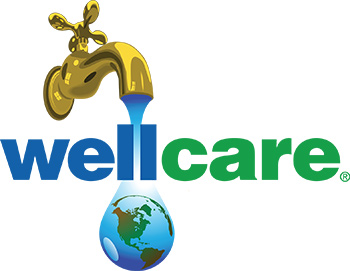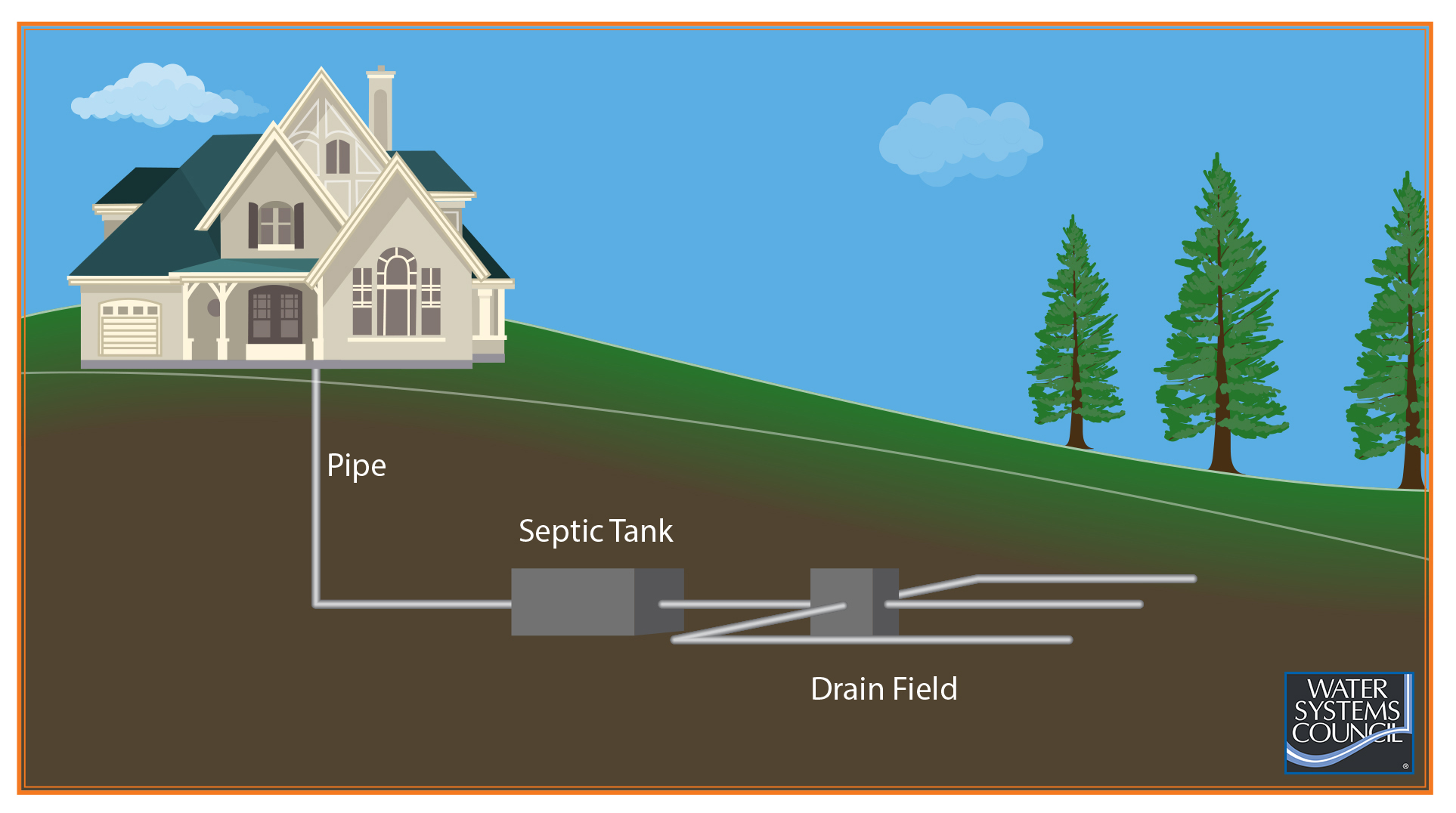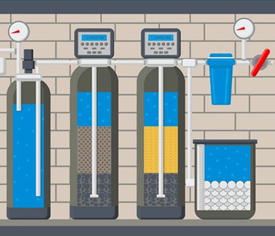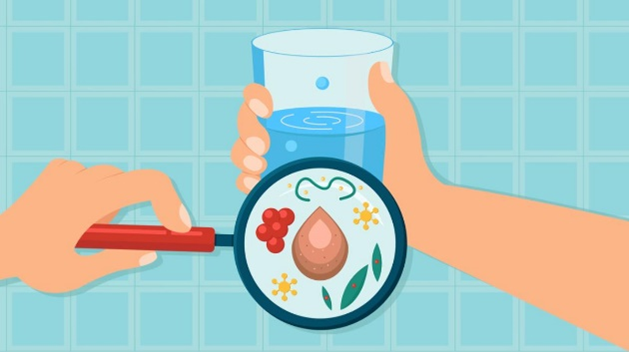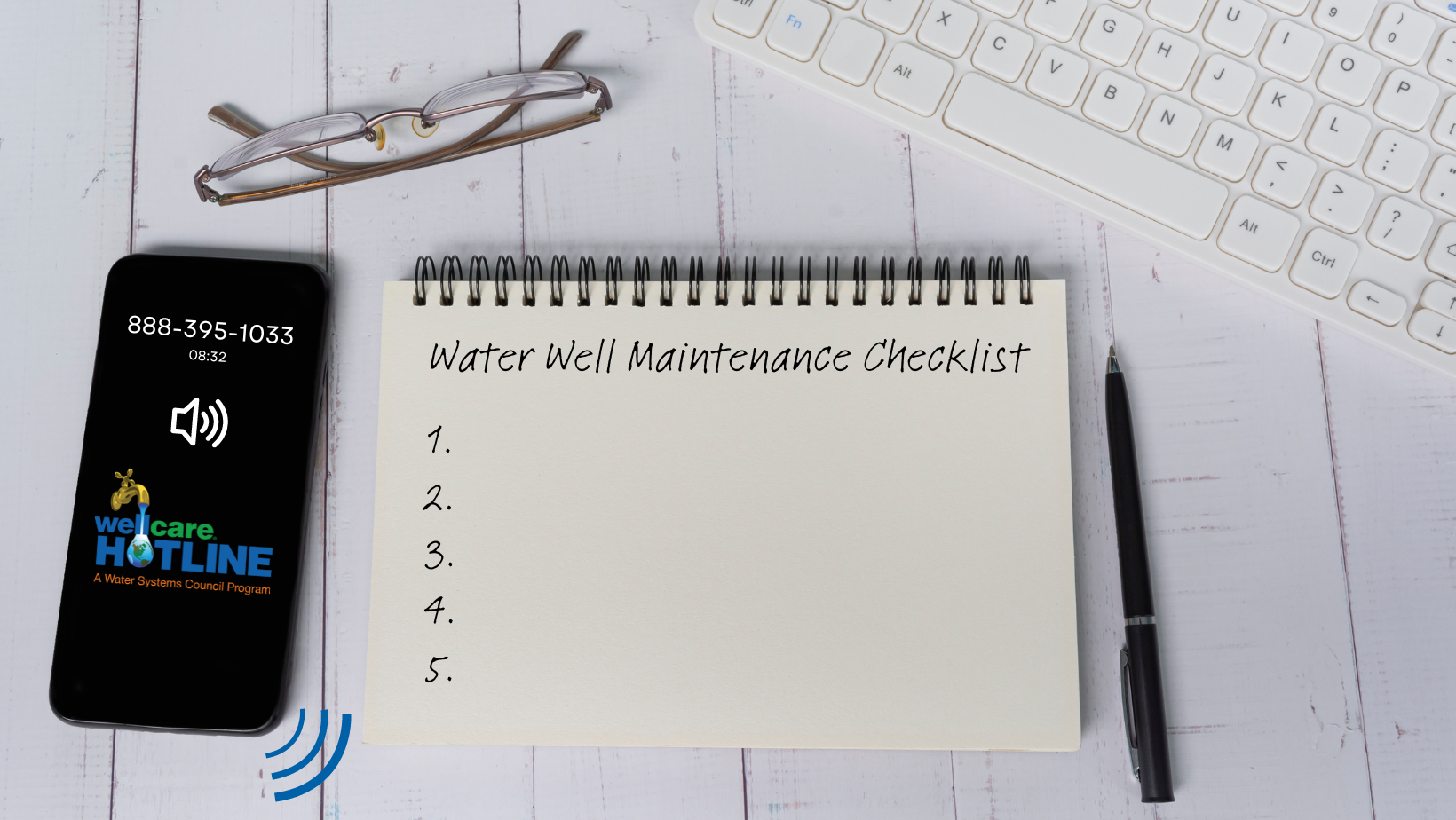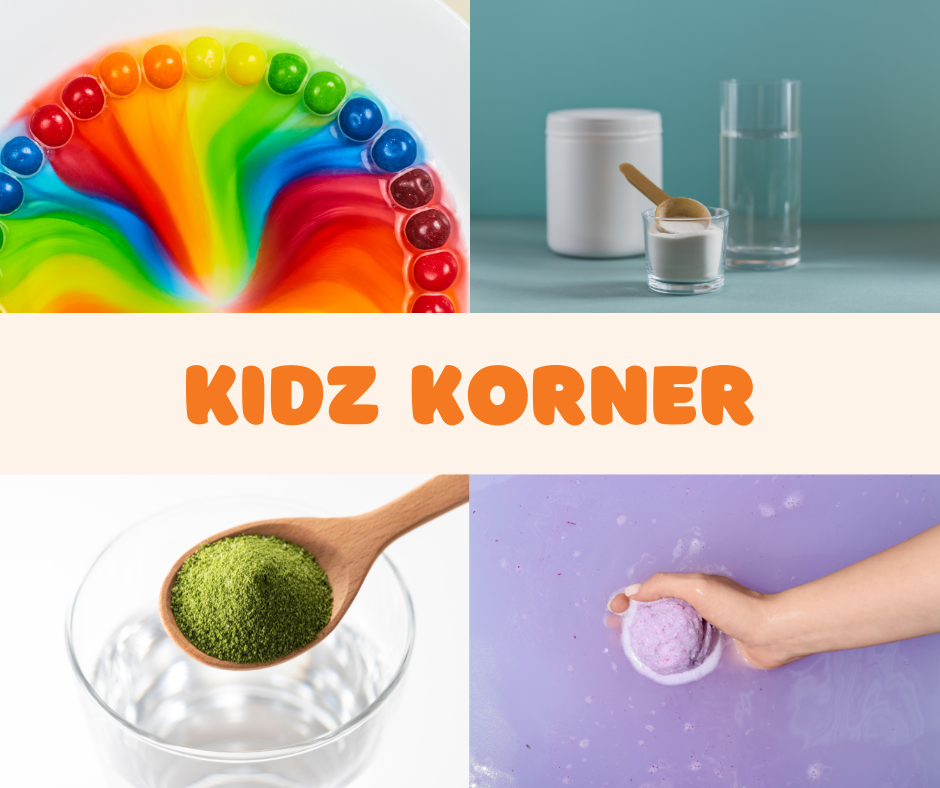
This fun experiment will teach your little ones what can dissolve in water. It can be applied to water sources, like groundwater, and how contaminants aren’t always visible in well water.
What you’ll need:
- 5 different powders such as sugar, salt, gelatin powder, flour, and pepper
- 5 clear jars
- Water
- Stirrers
Steps:
1. Talk to your kids about what they think will happen when water is added to the jars.
2. Warm the water that you will be adding into the jars (this will make the experiment a bit faster than using cold water. You could also use warm water for the first run experiment and cold water for the second run and note the differences).
3. Put one tablespoon of material into a jar. Repeat 4 times with the other materials into the remaining jars.
4. Pour 1 cup of warm water into each jar.
5. Stir each jar and then wait 60 seconds.
Once the 60 seconds is up, your kids can determine which materials dissolved in the water and which ones didn’t. You can ask them which ones they guessed correctly and which ones they had to change their answers on.
Extra Tip: To get them to think like a scientist, you can ask them, “What do these results tell you?”
